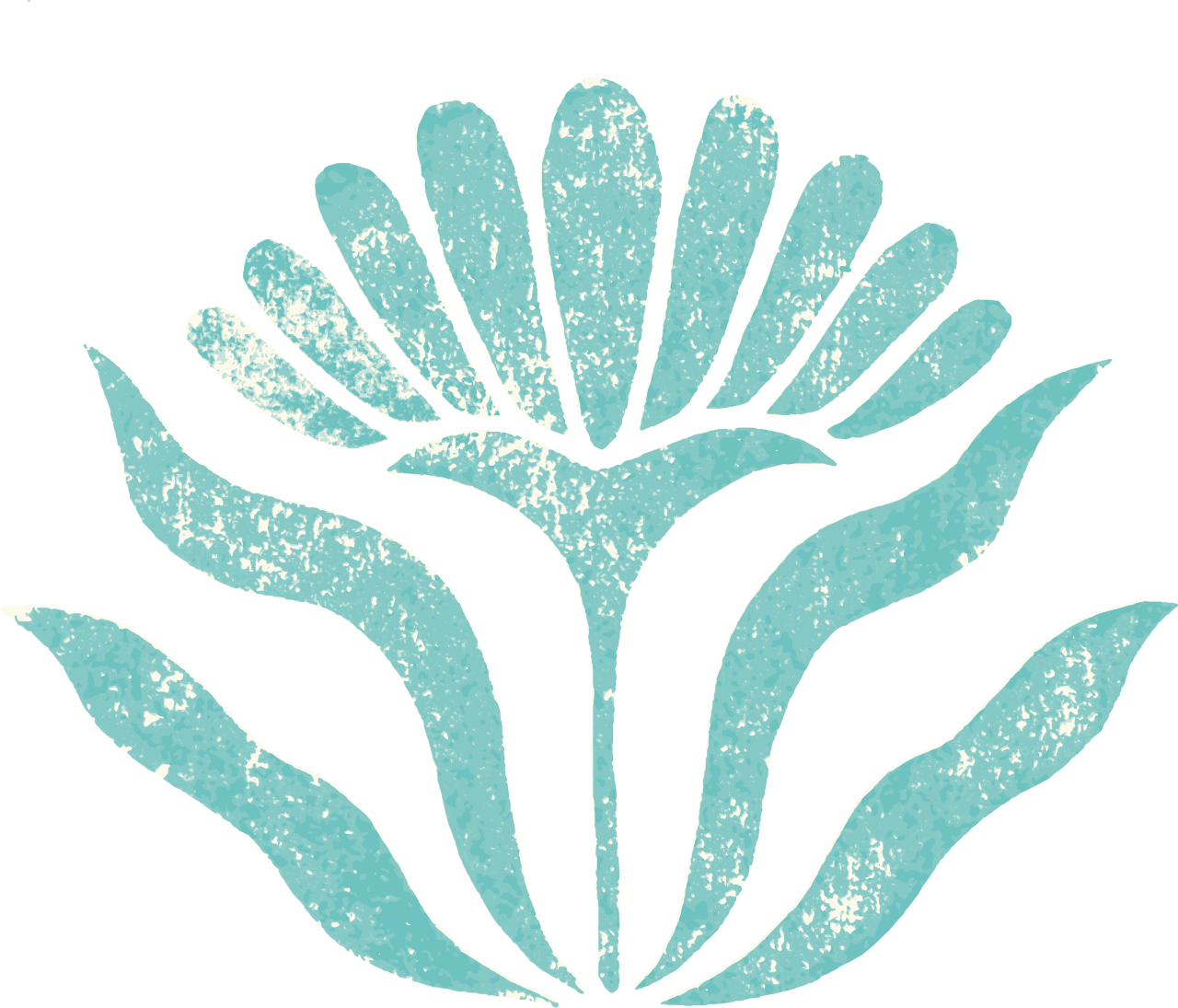Iron Deficiency and Post-partum Depression
Image of beauty Christy Turlington
Iron deficiency is the most common nutrient deficiency in the world however, the body’s demand for iron is even higher in pregnancy.
Iron levels in pregnancy increase from 18mg/day to 27mg/day due to the higher demands for foetal growth and development (Burke, 2014). Foetal requirements for iron also precede maternal needs thus adequate iron intake is vital for both mother and baby. Blood loss at delivery is approximately 500ml and approximately 1L with a C-section (Queensland Health, 2018).
One study examined the effects of iron supplementation one week after delivery and the effects on stored iron (ferritin) levels and postnatal depression (Sheikh et al., 2017). Mothers were randomly assigned iron or placebo. After six weeks, in the group receiving iron, ferritin levels were significantly higher, lower rates of iron deficiency were seen and scores of postnatal depression were significantly reduced. There was no reduction is postnatal depression scores in the placebo group. After intervention, mothers who were still experiencing depression had lower iron levels. Overall the study found that supplementation with iron resulted in a 42.8 % improvement rate in post-natal depression in 6 weeks (Sheikh et al., 2017). This study demonstrates the importance of iron supplementation shortly after birth to reduce post-natal depression and improve iron stores.
Another study analysed the serum ferritin levels in a group of pregnant women during middle-late pregnancy (Dama, Van Lieshout, Mattina, & Steiner, 2018). Levels were either classified as iron deficient or iron sufficient. It was found that women who were iron deficient scored higher on the Edinburgh Postnatal Depression Scale and were significantly more likely to develop antenatal depression (Dama et al., 2018). This study highlights that maternal iron levels may increase the likelihood of developing depression during pregnancy.
One study explored whether there was a correlation between post-partum haemorrhaging at delivery and post-partum depression (Eckerdal et al., 2016). Comparison between groups found that there was no correlation between post-partum haemorrhaging and the development of post-partum depression. There was however, a postitive correlation between women who at discharge had anaemia and the development of post-partum depression (Eckerdal et al., 2016).
Foods rich in iron include:
Legumes (white beans, lentils), organic liver pate, organic hormone-free/grass fed meats, eggs, dates, dried figs and apricots, nuts, pumpkin seeds (pepitas), dark green leafy vegetables (lightly steamed), molasses and nettle tea/infusions.
If levels are very low, supplementation with a good-quality iron is likely indicated; this is why it is really important to get your levels checked during and post-birth.
It is important to note that other nutrient deficiencies including zinc and omega 3 fatty acids have also been shown to correlate with an increase in post-natal depression.
As always, if you think this is an issue for you or would like support, please send me a message so you can get individualised support X
References:
Burke, R. M., Leon, J. S., & Suchdev, P. S. (2014). Identification, prevention and treatment of iron deficiency during the first 1000 days. Nutrients, 6(10), 4093–4114. doi: 10.3390/nu6104093
Dama, M., Van Lieshout, R. J., Mattina, G., & Steiner, M. (2018). Iron deficiency and risk of maternal depression in pregnancy: An observational study. journal of obstetrics and gynaecology Canada, 40(6), 698–703. doi: 10.1016/j.jogc.2017.09.027
Eckerdal, P., Kollia, N., Löfblad, J., Hellgren, C., Karlsson, L., Högberg, U., Wikström, A.-K., & Skalkidou, A. (2016). delineating the association between heavy postpartum haemorrhage and postpartum depression. PloS One, 11(1), e0144274. doi: 10.1371/journal.pone.0144274
Queensland Health. (2018). Severe Bleeding After Birth. Retrieved from https://www.health.qld.gov.au/__data/assets/pdf_file/0035/706589/c-pph-severebleeding.pdf
Sheikh, M., Hantoushzadeh, S., Shariat, M., Farahani, Z., & Ebrahiminasab, O. (2017). The efficacy of early iron supplementation on postpartum depression, a randomized double-blind placebo-controlled trial. European Journal of Nutrition, 56(2), 901–908. doi:10.1007/s00394-015-1140-6

